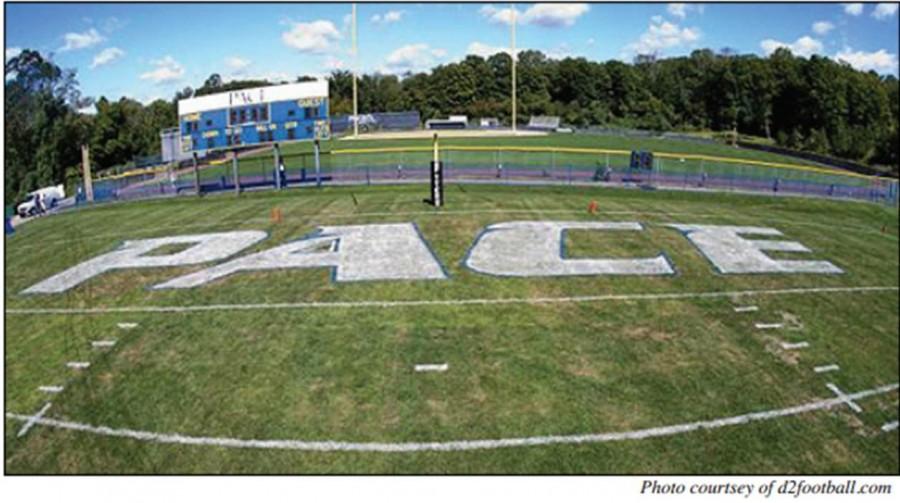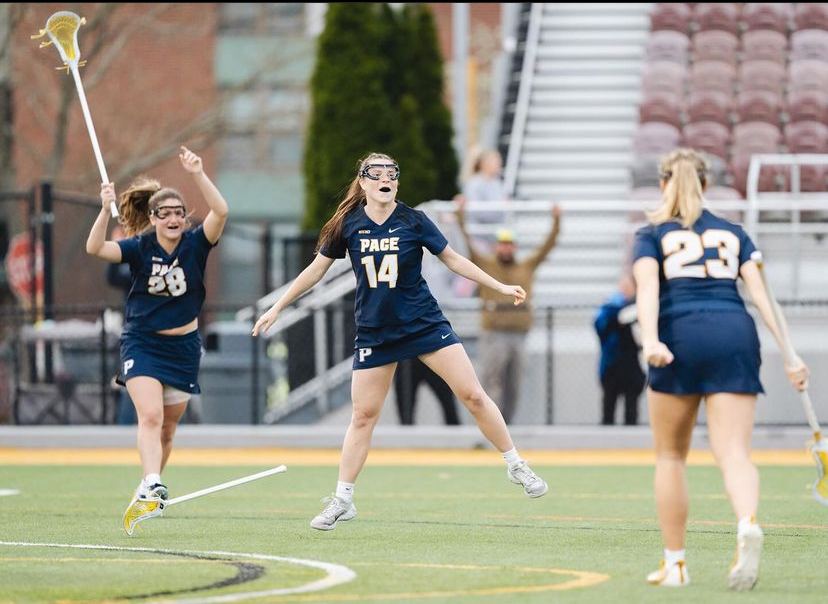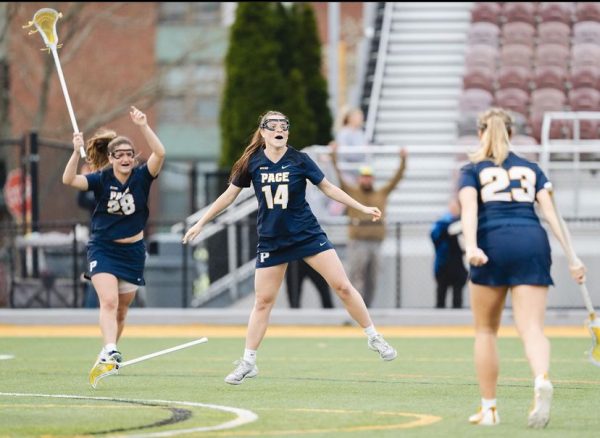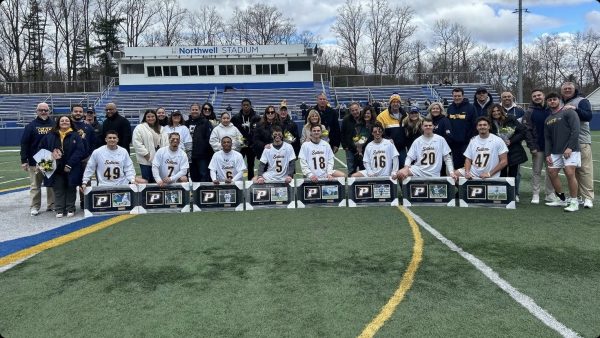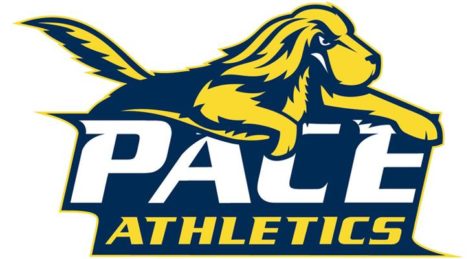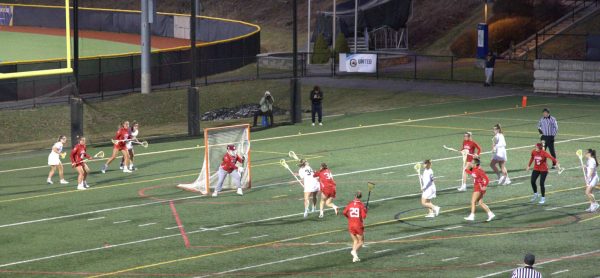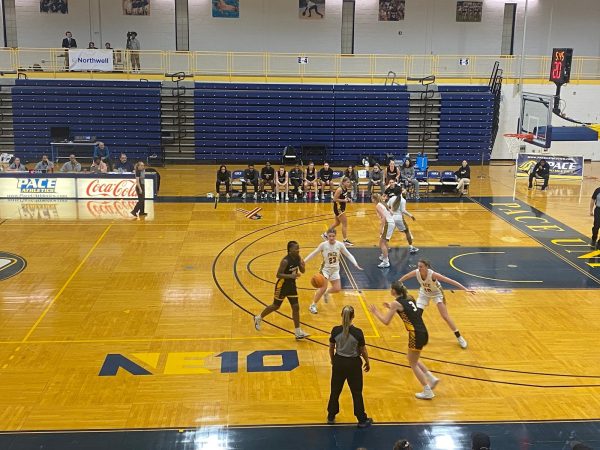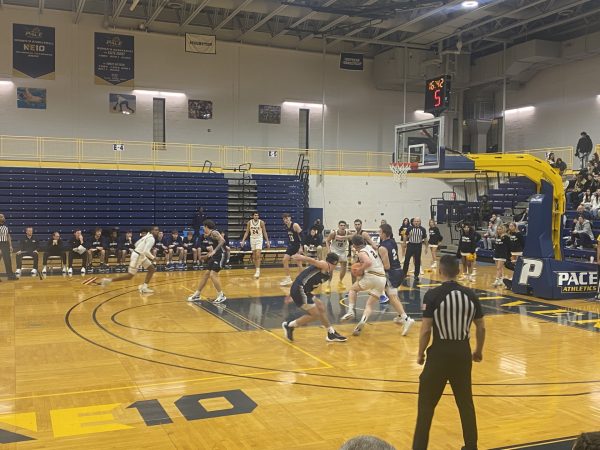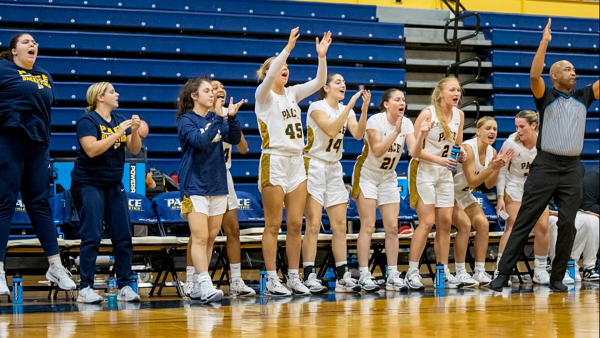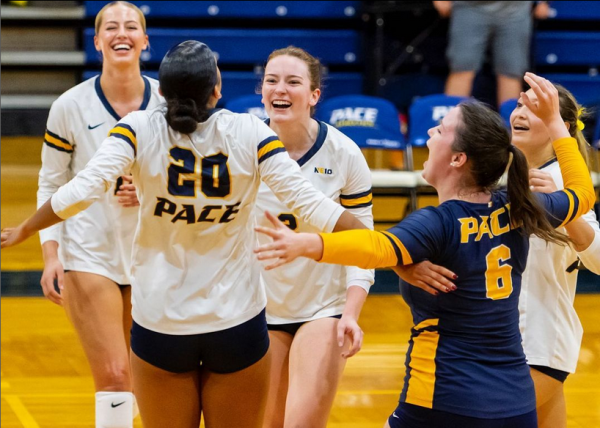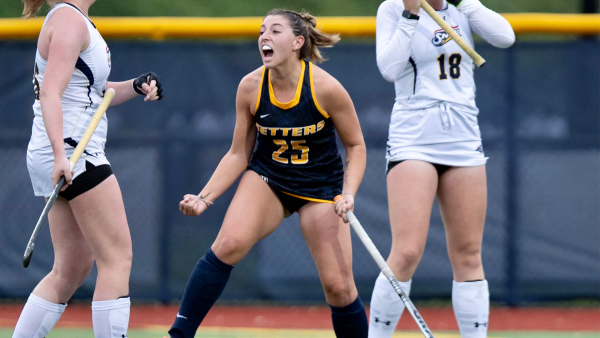Artificial Turf Causes Discussion Over Player Injuries
September 24, 2014
As a part of the Pace University Master Plan, a new multi-purpose turf field will be constructed.
Commencement of the field transformation is scheduled for this winter, with completion listed for the summer of 2015.
This turf field, to be accompanied with a new field house and a turf baseball field, will be the home for the Setter’s football, women’s soccer, women’s field hockey, and men’s and women’s lacrosse teams.
“For us we did a lot of research into our product. The turf is Monofilament, which really resembles the grass surface,” Mike Winn, Head Coach for the women’s soccer team, said.
Artificial turf fields have become a part of sports over the years, thanks in part to its low-maintenance requirements. However, its use also raises some concerns because of its hardness and traction.
Concussions, friction on the field, and ankle injuries are some of the concerns that surround turf fields, which have been brought to life with the 2015 FIFA Women’s World Cup. Canada is the host country, home to many stadiums with artificial turf.
Nearly 50 top players have signed a petition and threatened legal action if the matches are not played on grass, according to a recent BBC Sports article.
There are some positives however, since artificial turf is more cost-effective than grass and easier to maintain for a longer time.
“Turf gives you more opportunities for practice and games,” Winn said. “Wear and tear is not a significant issue as it is with grass field. Also, being in the Northeast, it gives us the opportunity to get out on the fields earlier where typically we weren’t able to get out on our fields until mid-March. Depending on the weather, we’ll be able to get out there mid-January [to] beginning of February.”
The women’s soccer team has had their own share of injury history on turf fields. During a game versus Mercy College on Sept 8, the team had two players go down with significant knee injuries.
Sophomore forward Delaney Williams suffered a torn ACL, but did not attribute her injury to the field’s surface.
“It was kind of just a freak thing that happened,” Williams said. “I prefer to play on turf. It’s more flat and it’s easier to play on.”
Despite injury concerns, players seem to be excited over their future home.
“I’m psyched that we’re getting a turf field at the campus because that also means we’ll be able to do a lot more,” senior center midfielder Jill Farrow said. “We’re able to play games in the rain, we’re able to practice at night with the lights and we’re going to have a nice, maintained field.”

